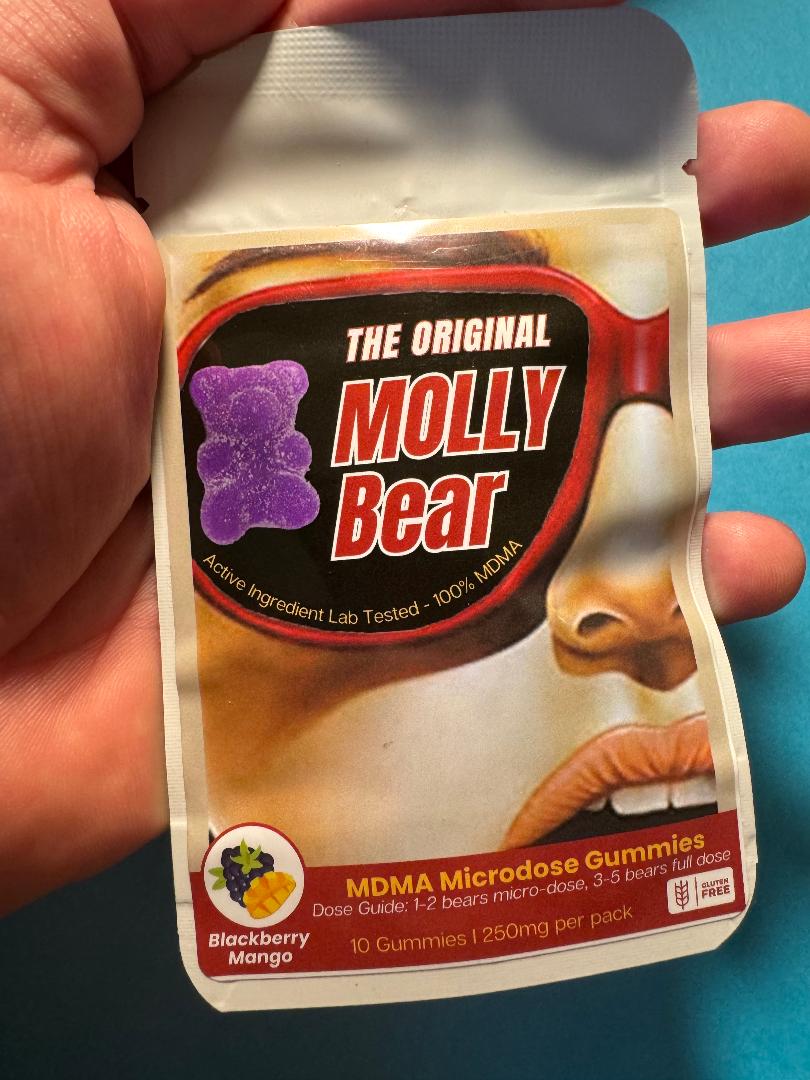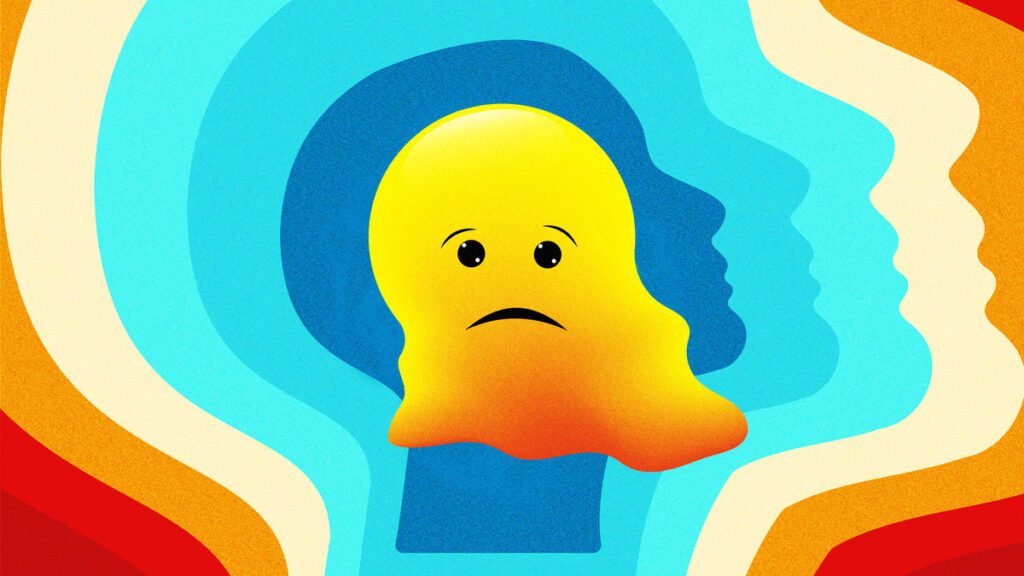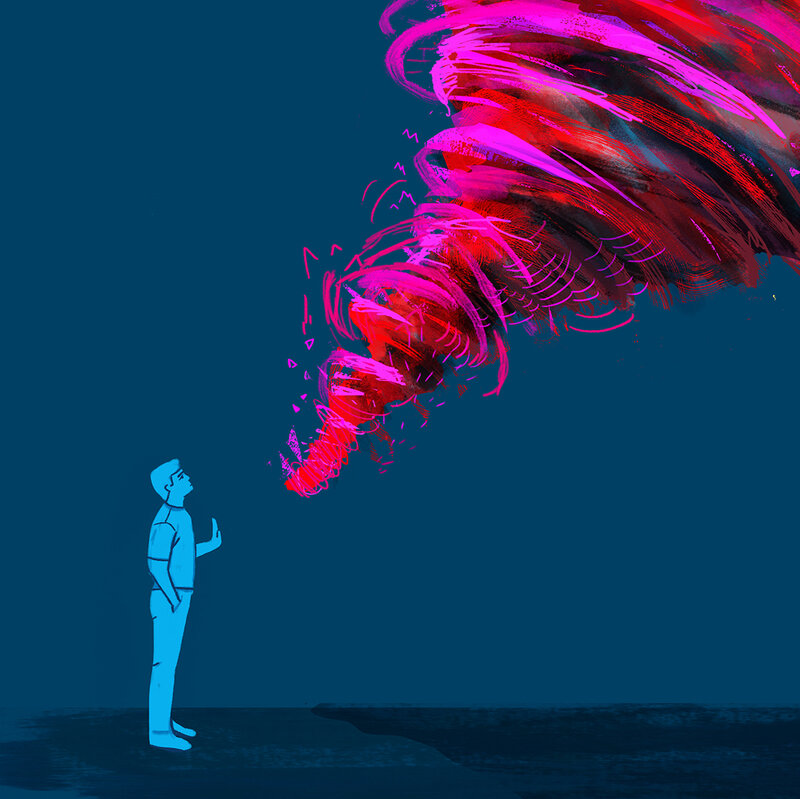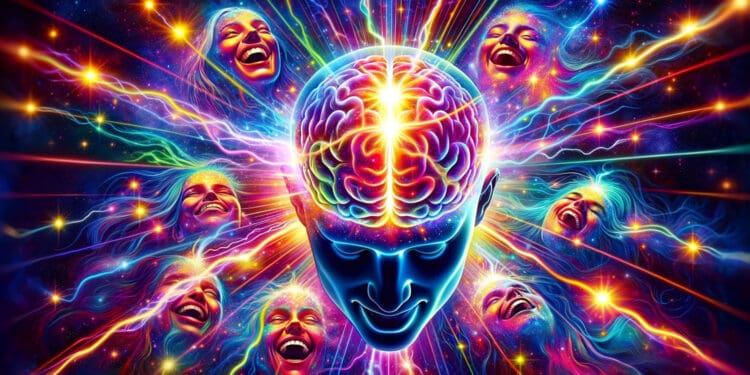
What is MDMA ?
HEMPEARTH – MDMA, short for 3,4-methylenedioxy-methamphetamine, is a synthetic psychoactive substance that alters mood and perception. Originally developed as a potential pharmaceutical by Merck in the early 20th century, MDMA gained popularity as a recreational substance due to its euphoric and empathogenic effects. It induces feelings of increased energy, emotional warmth, and distorted sensory perception.

Understanding Anxiety
Anxiety is a natural human response to stress and can manifest in various forms, such as generalized anxiety disorder, panic disorder, social anxiety, and specific phobias. It involves feelings of fear, worry, and apprehension, often accompanied by physical symptoms like increased heart rate, trembling, and sweating.
Anxiety disorders can significantly impact a person’s daily life, leading to difficulties in social interactions, work performance, and overall well-being. While there are various treatment options available, including therapy and medication, the search for alternative approaches to managing anxiety continues.

Undertanding Stress
Stress is the body’s natural defense against predators and danger. It causes the body to flood with hormones that prepare its systems to evade or confront danger. People commonly refer to this as the fight-or-flight mechanism.
When humans face a challenge or threat, they have a partly physical response. The body activates resources that help people either stay and confront the challenge or get to safety as fast as possible.
The body produces larger quantities of the chemicals cortisol, epinephrine, and norepinephrine. These trigger the following physical reactions:
- increased blood pressure
- heightened muscle preparedness
- sweating
- alertness
MDMA’s Effects on the Brain

To comprehend how MDMA help with anxiety and stress, it’s crucial to understand its effects on the brain. MDMA primarily works by increasing the activity of three neurotransmitters: serotonin, dopamine, and norepinephrine. Serotonin, in particular, plays a key role in regulating mood, emotions, and anxiety. By releasing large amounts of serotonin, MDMA produces a surge of positive emotions and a sense of emotional openness and empathy.
Some anecdotal evidence suggests potential benefits of using MDMA for anxiety and stress. Users report relief from anxiety symptoms, increased self-acceptance, and improved interpersonal relationships. The empathogenic effects of MDMA may create an environment conducive to addressing underlying emotional issues and enhancing therapeutic outcomes.

MDMA bring people down from being overwhelmed by emotions”
Conclusion
The therapeutic potential of MDMA is a topic of growing interest and research within the field of mental health. While MDMA’s effects on the brain and its impact on mental health are still being studied, preliminary findings suggest that MDMA-assisted therapy holds promise for individuals struggling with conditions such as PTSD or stress , depression, and anxiety.






